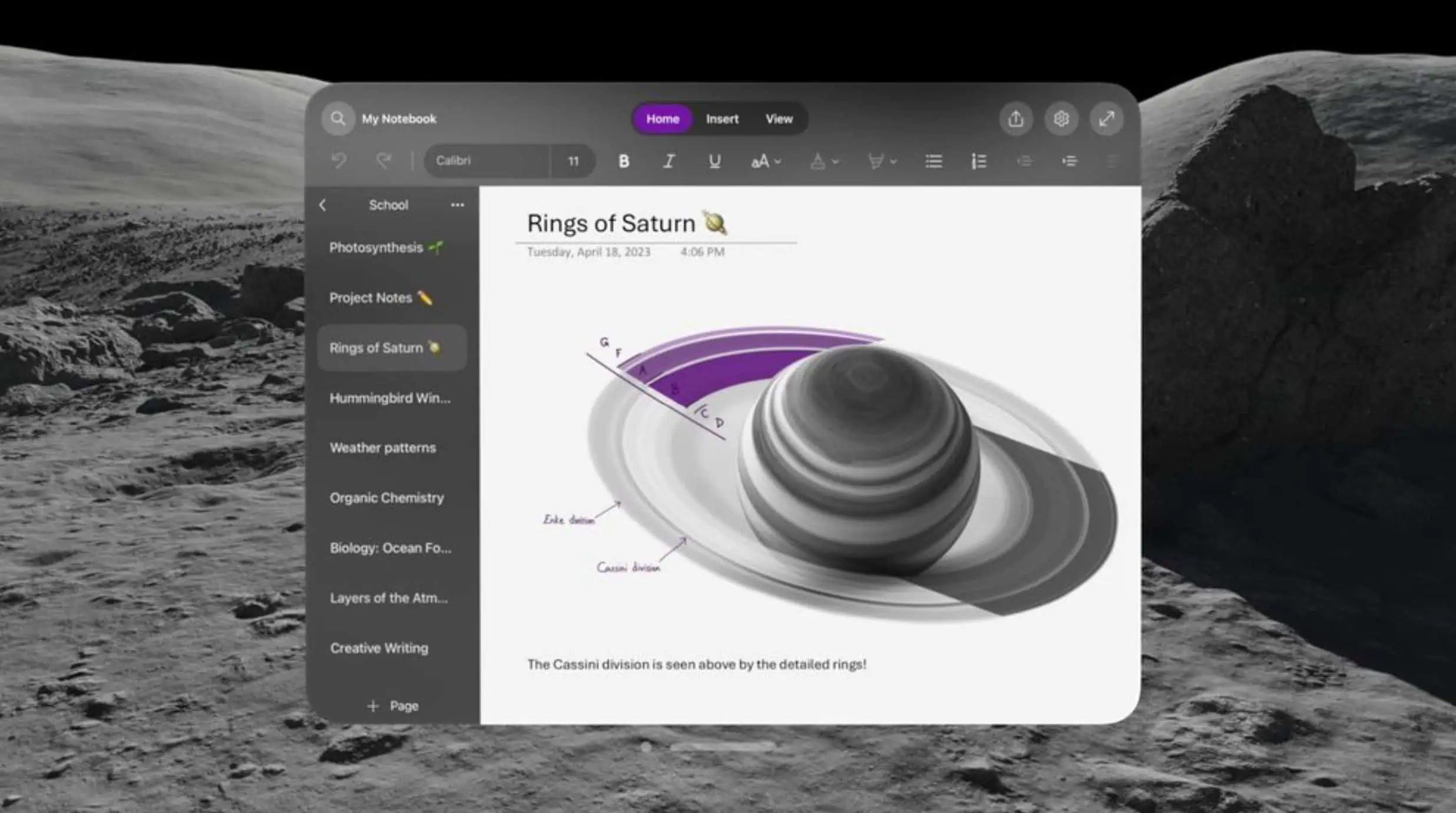Is Microsoft's Windows 10 Mobile strategy really going to plan?
2 min. read
Updated on
Read our disclosure page to find out how can you help MSPoweruser sustain the editorial team Read more

Microsoft’s recent financials give the impression that the massive drops in Lumia shipments have all been foreseen as part of the “focussing” of Microsoft’s smartphone business following a change in their strategy, but are things really going on exactly as they foresaw?
There is of course plenty of evidence that Microsoft never really had a good understanding of the smartphone market, with Nokia having a much better grasp on what consumers wanted. The Register also suggests Microsoft has a long history of mistakes, delays and change of plans, suggesting for example the Surface Phone was meant to be an x86 device until Intel cancelled their smartphone-capable Atom processor line (that would be an interesting prototype to turn up one day).
Looking however at more recent history, we have 2 pieces of evidence. One is that Microsoft blamed Windows Phone for missing its billion Windows 10 device target, suggesting that they did not expect Windows Phone sales to crash quite as hard as they did, and they expected the 3rd party OEM business to fill the gap a lot faster and more fully.
The second is the laying off of an additional 2850 employees on top of the 1850 they already announced earlier, much of them from the Windows Phone division, suggesting once again once again that that division is deteriorating faster and more than Microsoft expected.
There is also the suggestion that Microsoft’s UWP platform is not picking up as fast as Microsoft expected, with Microsoft not updating the app count in the Windows Store for some months now.
Microsoft unfortunately has a history of making simple mistakes (such as cancelling the McLaren) with very predictable consequences, and while they like to give the impression that the are fully in control (and some of our readers believe this) very often when history unfolds they are proven wrong.
Do our readers think Microsoft’s plans over the last year are working as intended, or are they still flailing for traction? Let us know below.








